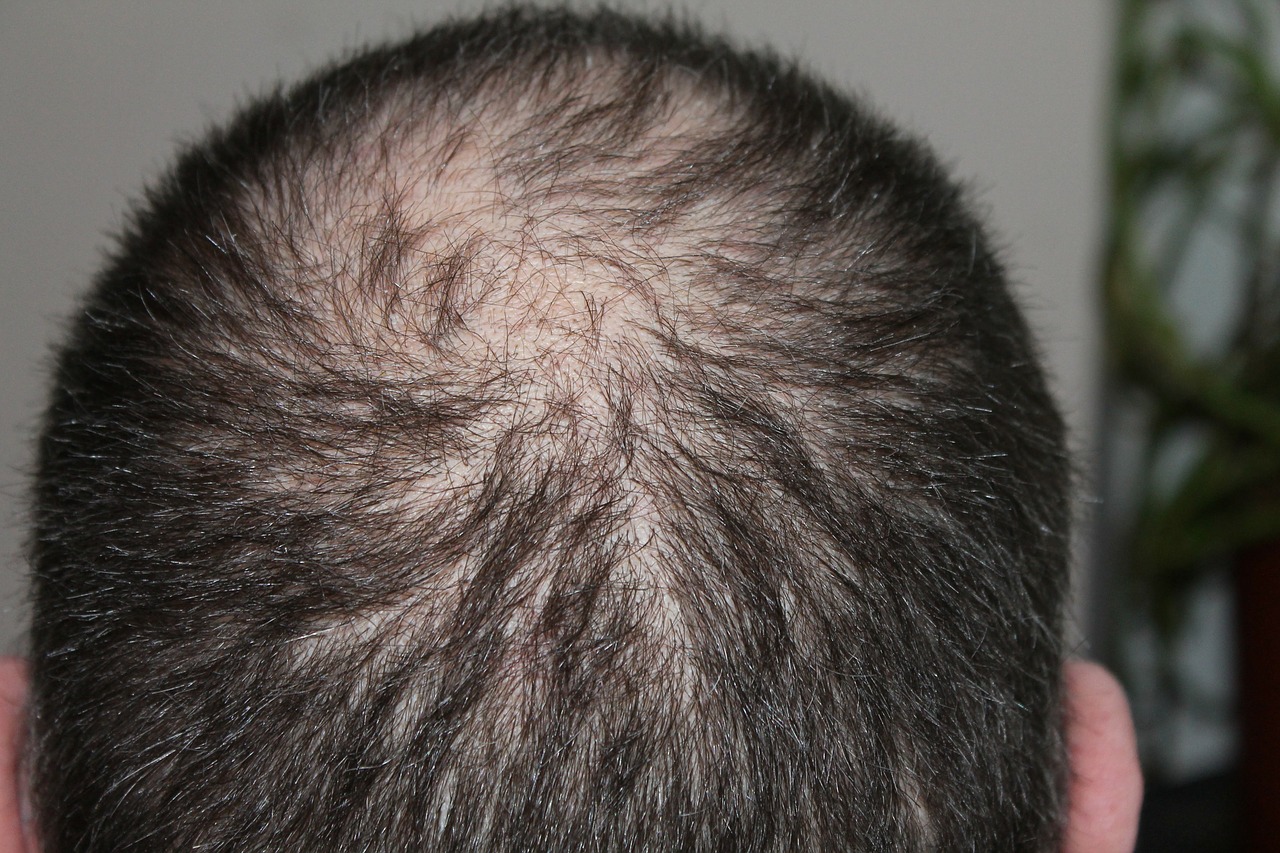In the conversation of what causes hair loss in women and men, the term “alopecia areata” is often referenced. Alopecia areata is a medical condition where a person’s immune system attacks their hair follicles, resulting in hair loss. This autoimmune disease presents itself as round bald patches on the scalp and, in rare occurrences, other parts of the body. According to the National Alopecia Areata foundation, 6.8 million people in the United States are affected by this disease, and 148 million worldwide.
Several studies have been done to determine what causes alopecia areata. While genetics play a part in discovering whether someone is inclined to be diagnosed with this disease, scientists now believe that the combination of both genetic and environmental factors are the result of its development. This disorder is known to affect those of any gender, race, and age. However, those susceptible to developing alopecia areata will most commonly experience their first emergence of the disease before the age of 30. It can can occur as a single event or it can happen repeatedly over the course of several years.
Alopecia areata can progress and develop into two other advanced conditions: alopecia totalis and alopecia universalis. Alopecia totalis will cause individuals to lose all of the hair on their scalp (as opposed to alopecia areata where only patches of hair will stop growing). Those who suffer from alopecia universalis will completely lose the hair on both their scalp and body, including eyelashes and eyebrows. Up to 20% of those afflicted with alopecia areata will develop alopecia totalis or universalis.
Although there are treatments available, there is currently no cure for alopecia areata or its advanced forms. Some people will experience natural hair regrowth as their immune system no longer attacks normal cells. However, others may experience permanent hair loss, particularly if their condition has evolved into totalis or universalis.
No matter which form of alopecia areata you have been diagnosed with, Headline Studio can help you reclaim your image. We specialize in non-surgical hair replacement and are certified in applying bondable natural human hair eyebrows and eyelash extensions. We understand that hair loss can be an emotional and frustrating experience. Servicing clients in the greater Charlotte area for more than 20 years, we approach each patron with compassion, understanding, and discretion in our private rooms. Contact us today for a complimentary service.


